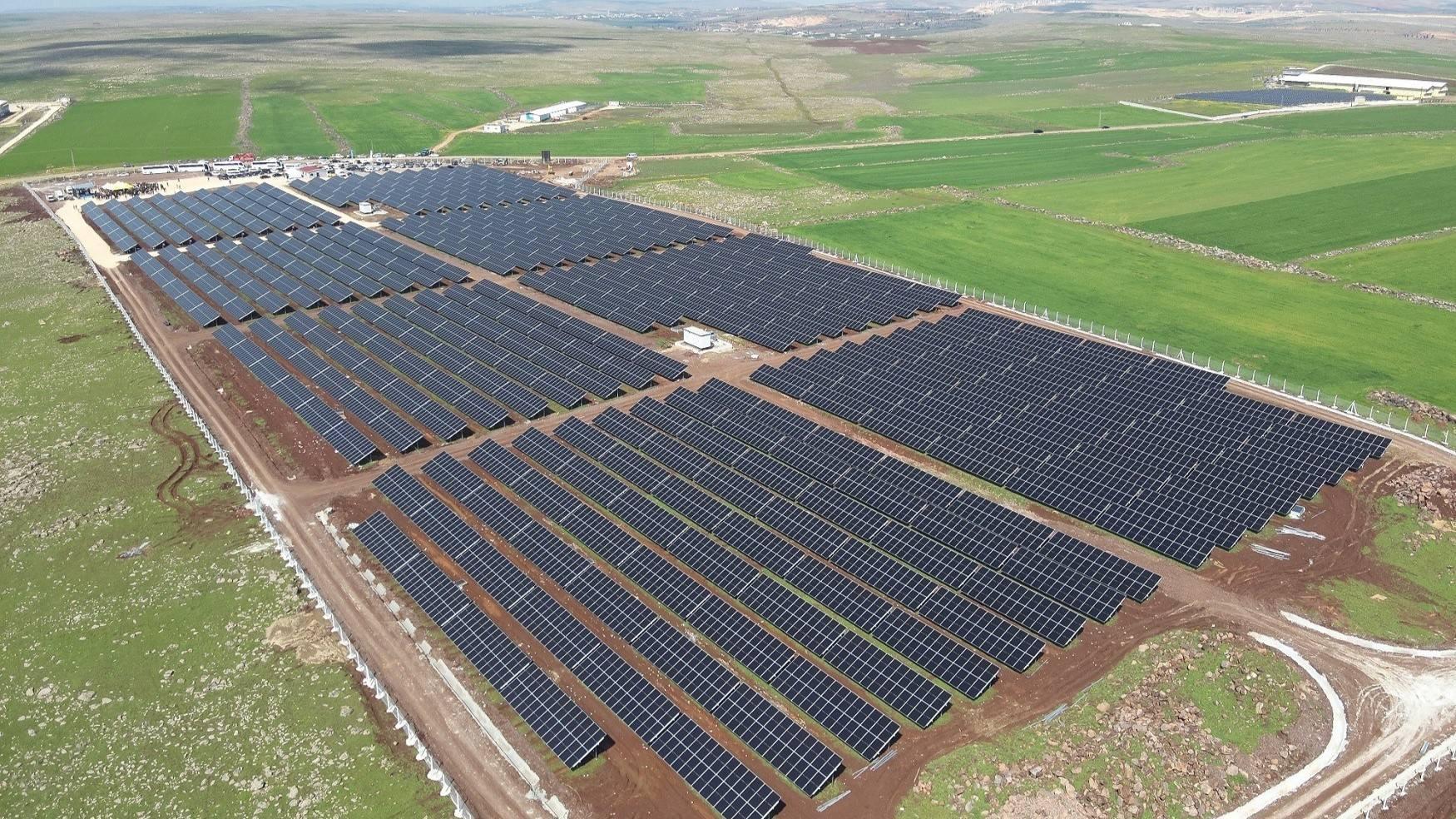
Türkiye's energy future could be fundamentally transformed through stronger efficiency measures — if existing policies are strengthened and expanded, domestic sources could supply 90 percent of energy by 2053, yielding a cumulative economic benefit of $2.1 trillion, a new report says.
According to the "Türkiye Energy Efficiency Outlook 2025" report prepared by Sabancı University's Istanbul International Center for Energy and Climate (IICEC), the "Efficient Growth Scenario" is based on optimistic policy assumptions.
The "Base Scenario," which generally assumes a continuation of current policies, projects that the share of domestic resources in energy supply could increase only to two-thirds, or 66 percent.
The report shows that in the base scenario, the share of nuclear and renewable energy in the primary energy supply will increase by 2053.
Nuclear energy accounts for 16 percent of the energy supply in the base scenario, while its share rises to 20 percent in the other scenario.
In addition to reducing Türkiye's energy import bill, the efficient growth scenario also enables a nearly 50 percent cut in emissions.
There are also striking differences between the two scenarios in terms of economic benefits.
While the base scenario yields a cumulative benefit of $1.1 trillion, the efficient growth scenario increases this figure to $2.1 trillion.
The required average annual investment is $9 billion and $13 billion, respectively.
This means that for every $1 billion invested, the efficient growth approach provides $4.5 billion in benefits, while the base scenario delivers $3.2 billion.